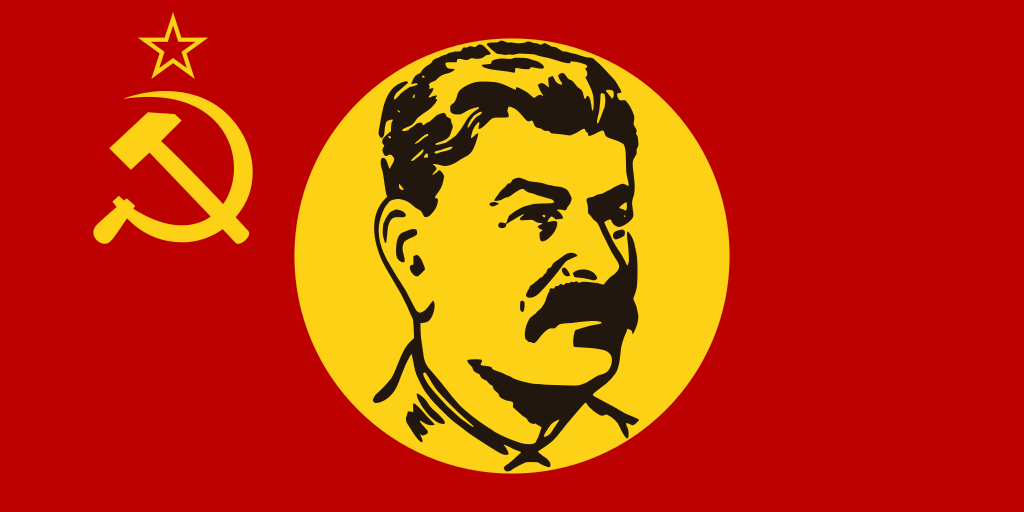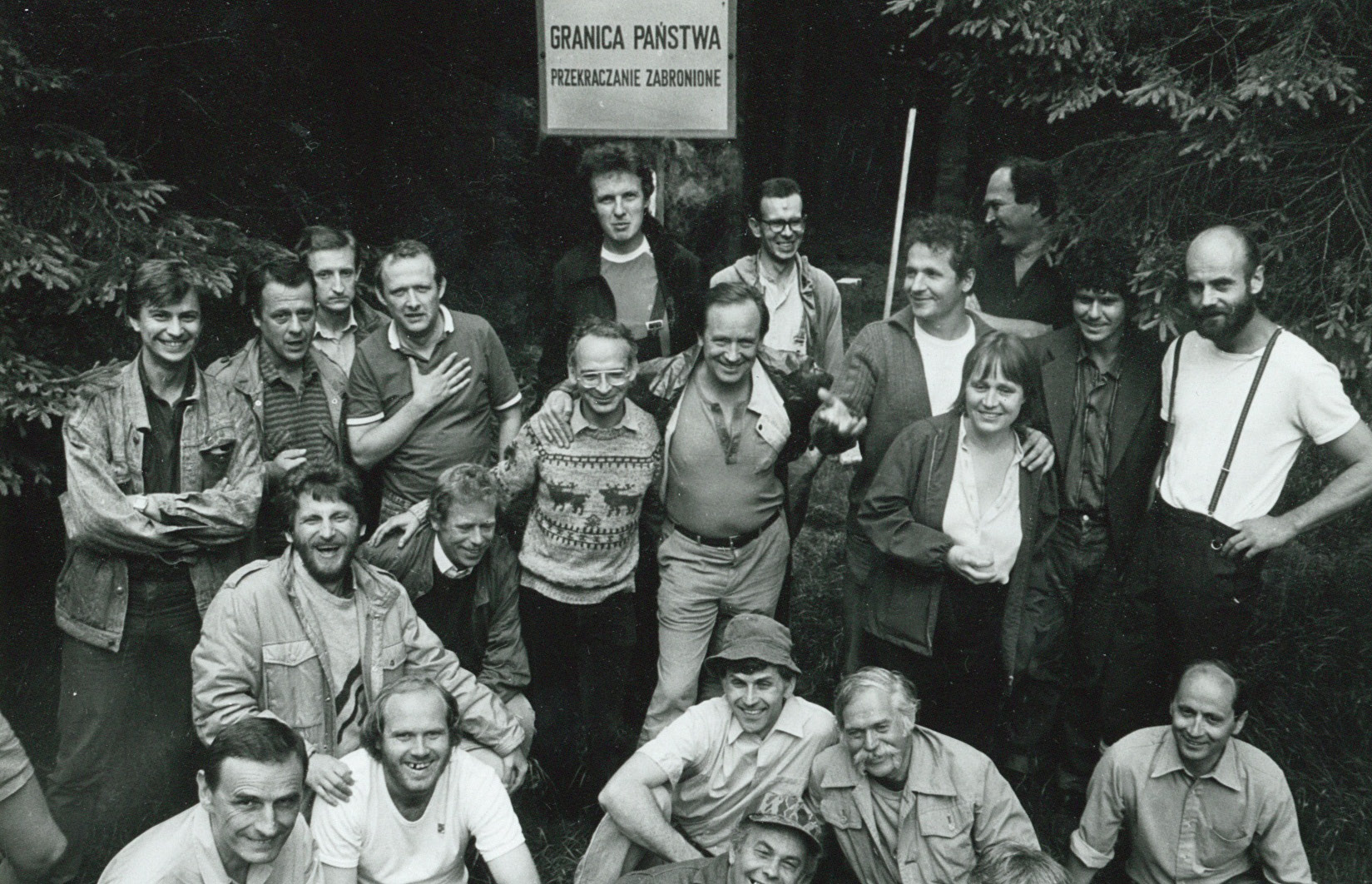Technology writer and broadcaster Bill Thompson spoke at the recent ISPA Awards dinner. ISPA, the Internet Service Providers Association, represents the companies that connect us all to the Net, and Thompson called on them to stand up for freedom, however hard that may be. This is an edited version of his talk.

I first used the internet in 1984/5 when I was a student at Cambridge University sitting at a dumb terminal on an IBM mainframe and discovered that we could email people both locally and at other universities. I didn’t know we were using the Internet, of course, because it was just ‘the network’. I had access when I worked at Acorn Computers, and in the early 1990’s ended up at PIPEX, the UK’s first commercial ISP.
A lot of my work at that time revolved around promoting the idea that the Internet was the right way to build the ‘information superhighway’ beloved of Al Gore, Tony Blair and others, rather than closed, proprietary technologies like AOL, Compuserve and the Microsoft Network. These systems were touted as the alternative to the insecure, unmanageable internet, and for a brief period it looked like they might triumph simply because of the marketing effort that went into them, but in the end it was the open net and the open web that came to provide the infrastucture for our networked economies and society.
In the last three decades the internet has become the pipe that delivers the world to us in all the ways that radio and TV used to and all the ways that radio and TV, as one-way broadcast media, never could. These days there are many countries where it makes far more sense to occupy the offices of the ISPs after a military coup than it does to take over the television stations.
This triumph comes at a cost. We have managed to avoid replacing the cacophony of the somewhat democratic open standards bazaar with a closed-minded architecture of control in which we would be expected to ask for permission to do anything, and would be reliant on Microsoft, AOL and those who they approve to maintain, develop and deliver innovation, and to charge what they liked for the privilege, but in the process we have built an internet that is almost impossible to manage.
We see it in the chaos of spam, malware and phishing, as well as the impossibility of creating effective filters for material that we’d prefer our children didn’t see, whatever the government may want to believe (and whatever PR hype they may persuade the Daily Mail to print). Many ISPs would probably prefer a safe, manageable network where they can control what their customers see and do and avoid takedown notices and copyright trolls and excessive legislation to manage illegal and ‘harmful’ content online. We know what that world looks like – it’s the content industries dream of compulsory digital rights management, premium services and Ultraviolet, but it doesn’t look that attractive to those of us who value the Internet’s creative potential and see it as the foundation of an open society.
We inherited a network which was designed to be open and permissive and to be used by nice people doing nice things. Over the last three decades it has been unleashed onto the world, and the openness of the network has meant that bad people have used it to do bad things, selfish people have used it to do selfish things, and governments have looked for ways to monitor it using the same features that the authors of Tor used to make it hard to monitor.
As a result today’s internet is more easily used for oppression than openness, and have seen how the US and UK, like China and others, have been reading as much net traffic as they can get their hands on, and how laws have been written to make such surveillance legal. The latest announcements on filtering mark a move towards deeper monitoring of the material UK net users are downloading, using the argument that we must ‘think of the children’ to justify this.
It may mark the point at which many ordinary users start to worry that the network they increasingly rely on for many aspects of their daily life is in fact the space in which they are most exposed, where their freedom to live their lives without being observed or suspected is most easily removed, because it is just as impossible to enforce the positive freedoms online as the negative ones. We can’t keep people safe from malware or spam, and we can’t tell them they can speak privately or speak openly without fear of reprisal.
ISPs have a real problem here. It’s the one outlined by Tim Wu and Jack Goldsmith in their book ‘Who Controls the Internet?’, where they point out that whatever freedom we may seek online, the net is delivered to us by companies that have offices and employees and servers, all of which are located in the physical world. For a company to operate within a territory it has to obey the laws within that territory, and while it seems to be accepted that there’s some wriggle room over how ISPs manage their tax affairs, disobeying court orders – especially secret ones – is generally seen as being a bad idea. Their lawyers don’t like it. Their families wouldn’t like having to say goodbye as senior executives were whisked off to gaol.
Yet these ISPs have become the de facto guardians of our online freedoms. They are the people who built the networks on which the world now runs, and the choices they make about standards, systems, hardware, traffic shaping, pricing plans and who gets to put tapping equipment in their routing cabinets matter.
The only viable solution I can see is to work with ISPs to re-engineer the network so that it cannot be so easily subverted by the forces of oppression and control that would close the networks, close society and close our imagination. We created the internet, it is a product of our imagination and our engineering skill and there is very little about it that could not be re-engineered – if we cared enough to do it, and there are no laws that we cannot change to ensure that the regulation of that re-engineered network preserves our freedoms and does not remove them.
If we want the network to be a tool for freedom then we need to design it in the right way, not simply work with what we have inherited.
Our last, best, hope? Metafilter tells me the phrase was coined by Lincoln but used in Bablyon 5 :-)
Further reading
• Larry Lessig on Rewriting the Internet
• Marco Ament on Lockdown
• Adactio on APIs
• Anil Dash on the Web we Lost
• Tim Wu & Jack Goldsmith: Who Controls the Internet?





